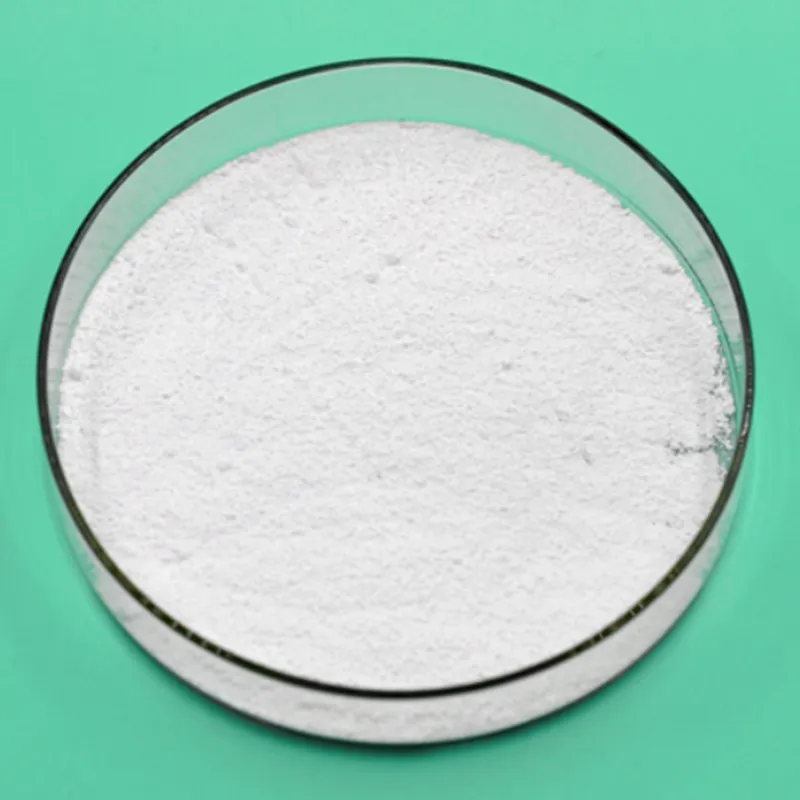
e221 food additive
Understanding E221 The Role of Sodium Sulfite as a Food Additive
Food additives play a crucial part in the preservation, flavor enhancement, and overall quality of food products. Among these additives, E221, scientifically known as sodium sulfite, is commonly used in various food items. This article explores the nature of E221, its applications in the food industry, potential health impacts, and regulatory considerations.
What is E221?
E221 is the E-number designation for sodium sulfite, a chemical compound with the molecular formula Na2SO3. Sodium sulfite appears as a white, crystalline powder and is highly soluble in water. It has been used in food preservation for many years due to its ability to inhibit the growth of microorganisms, thereby extending the shelf life of various food products.
Applications of E221 in Food
Sodium sulfite serves multiple purposes in the food industry. It is primarily used as a preservative, helping to prevent spoilage and maintain the freshness of perishable items. Some common applications of E221 include
1. Dried Fruits and Vegetables E221 is commonly employed in the preservation of dried fruits and vegetables, such as raisins, apricots, and potatoes. It helps to maintain color, prevent browning, and inhibit microbial growth.
2. Wines and Beverages Sodium sulfite is frequently used in wine making as an antioxidant and antimicrobial agent. It helps in stabilizing wine, preventing oxidation, and preserving the flavor and aroma.
3. Processed Foods Some processed foods, including sauces, canned goods, and snack items, may contain sodium sulfite to enhance flavor and prevent spoilage.
e221 food additive

Health Considerations
While sodium sulfite is generally recognized as safe when used appropriately, it can pose risks to certain individuals. Some people are sensitive to sulfites, experiencing allergic reactions or asthmatic symptoms when they consume foods containing E221. This is particularly concerning for asthmatics; therefore, food manufacturers are required to label products containing sulfites to inform consumers.
In terms of general safety, regulatory bodies, including the U.S. Food and Drug Administration (FDA) and the European Food Safety Authority (EFSA), have established acceptable daily intake levels for sulfites. These regulations aim to ensure that individuals do not consume excessive amounts of the additive, which could lead to adverse health effects.
Regulatory Landscape
Sodium sulfite's use as a food additive is subject to strict regulations in many countries. In the European Union, E221 is sanctioned for use in specific food categories, with established maximum concentrations. Producers must adhere to these regulations while ensuring proper labeling to inform consumers about the presence of sulfites in their products.
The United States also regulates the use of sodium sulfite in food. Under the FDA, E221 can be used in particular foods but must comply with specified limits. Importantly, any food product containing more than 10 parts per million of sulfites must include a clear statement on the packaging to alert consumers.
Conclusion
E221, or sodium sulfite, plays a significant role as a food additive in preserving and enhancing various food products. Its applications span a wide range of items, from dried fruits to wines, highlighting its versatility and importance in the food industry. However, due to potential sensitivities and allergic reactions, regulatory measures ensure that its use remains safe for consumers. As with any food additive, awareness and legislation surrounding E221 contribute to informed choices for consumers, allowing them to enjoy the benefits while minimizing risks associated with their dietary intake. Understanding food additives like E221 is vital for both consumers and producers, fostering a safer and more transparent food environment.
-
Understanding Synthetic Rubber OptionsNewsApr.27,2025
-
Trichloroisocyanuric Acid: Essential for Clean and Safe WaterNewsApr.27,2025
-
Sodium Dichloroisocyanurate: Key to Safe Water TreatmentNewsApr.27,2025
-
Sodium Acid Pyrophosphate: Essential in Modern Food ProcessingNewsApr.27,2025
-
Essential Water Treatment ChemicalsNewsApr.27,2025
-
Denatured Alcohol and Its Industrial UsesNewsApr.27,2025
-
The Versatile Uses of Sodium BicarbonateNewsApr.24,2025
Hebei Tenger Chemical Technology Co., Ltd. focuses on the chemical industry and is committed to the export service of chemical raw materials.
-

view more DiethanolisopropanolamineIn the ever-growing field of chemical solutions, diethanolisopropanolamine (DEIPA) stands out as a versatile and important compound. Due to its unique chemical structure and properties, DEIPA is of interest to various industries including construction, personal care, and agriculture. -

view more TriisopropanolamineTriisopropanolamine (TIPA) alkanol amine substance, is a kind of alcohol amine compound with amino and alcohol hydroxyl, and because of its molecules contains both amino and hydroxyl. -

view more Tetramethyl Thiuram DisulfideTetramethyl thiuram disulfide, also known as TMTD, is a white to light-yellow powder with a distinct sulfur-like odor. It is soluble in organic solvents such as benzene, acetone, and ethyl acetate, making it highly versatile for use in different formulations. TMTD is known for its excellent vulcanization acceleration properties, which makes it a key ingredient in the production of rubber products. Additionally, it acts as an effective fungicide and bactericide, making it valuable in agricultural applications. Its high purity and stability ensure consistent performance, making it a preferred choice for manufacturers across various industries.











